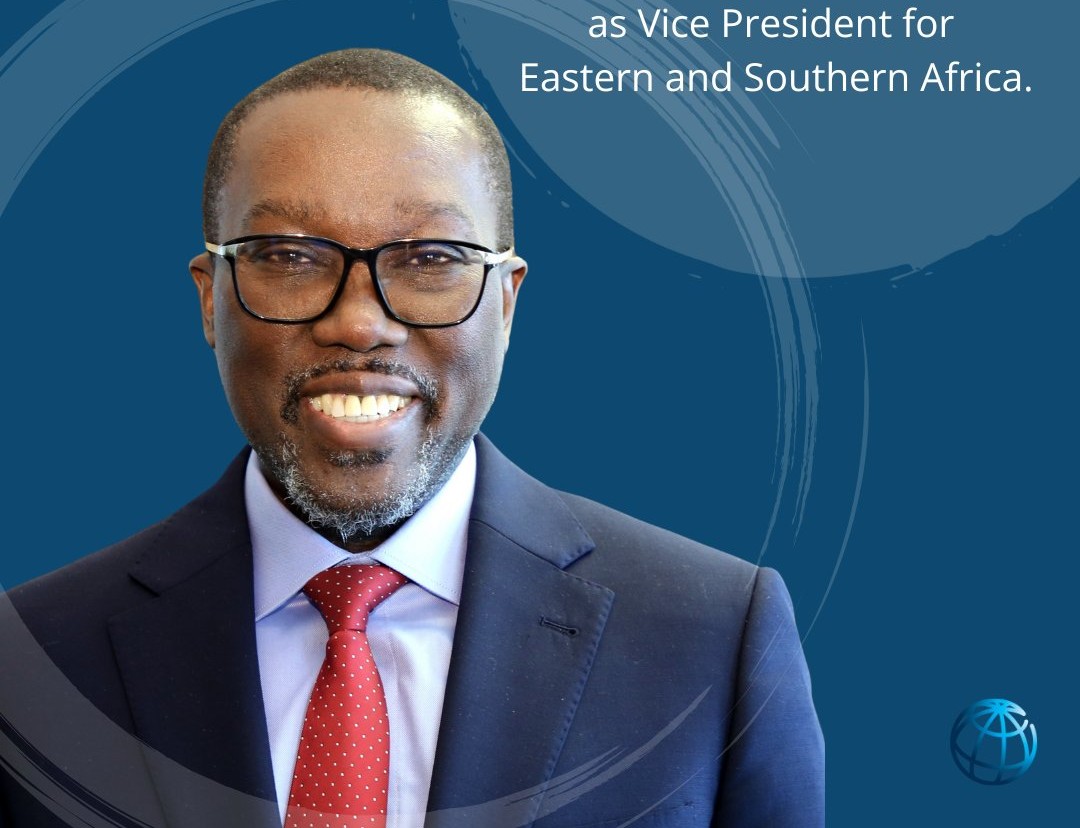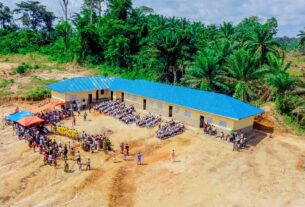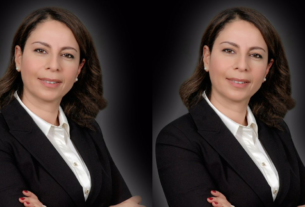On May 1, the World Bank officially announced the appointment of Senegalese economist Ndiamé Diop as Vice President for Eastern and Southern Africa. He succeeds Victoria Kwakwa, who retired on March 31, 2025. This leadership transition comes at a pivotal time for a region navigating persistent challenges and emerging opportunities.
Based in Nairobi, at the heart of Africa’s development dynamics, Diop will oversee a vast portfolio of nearly 400 projects totaling more than $76 billion. He will also lead an extensive program of economic analysis, technical assistance, and policy advisory work across 26 countries.
A Leadership of Vision and Grounded Action
In his new role, Diop aims to enhance the World Bank’s impact on key regional priorities: job creation, energy access, digital inclusion, regional integration, health, education, water, and sanitation. These are critical levers to accelerate poverty reduction and drive sustainable economic transformation. He will also steer the Bank’s efforts to tackle the root causes of fragility, conflict, and violence, building more resilient societies.
A Global Track Record with Tangible Results
With over 25 years of experience across four continents, Ndiamé Diop brings a uniquely global perspective rooted in action. As Country Director for Nigeria, he led the World Bank’s largest African portfolio ($17 billion) and shaped a forward-looking program focused on reforms, broadband connectivity, SME access to finance, and agribusiness growth.
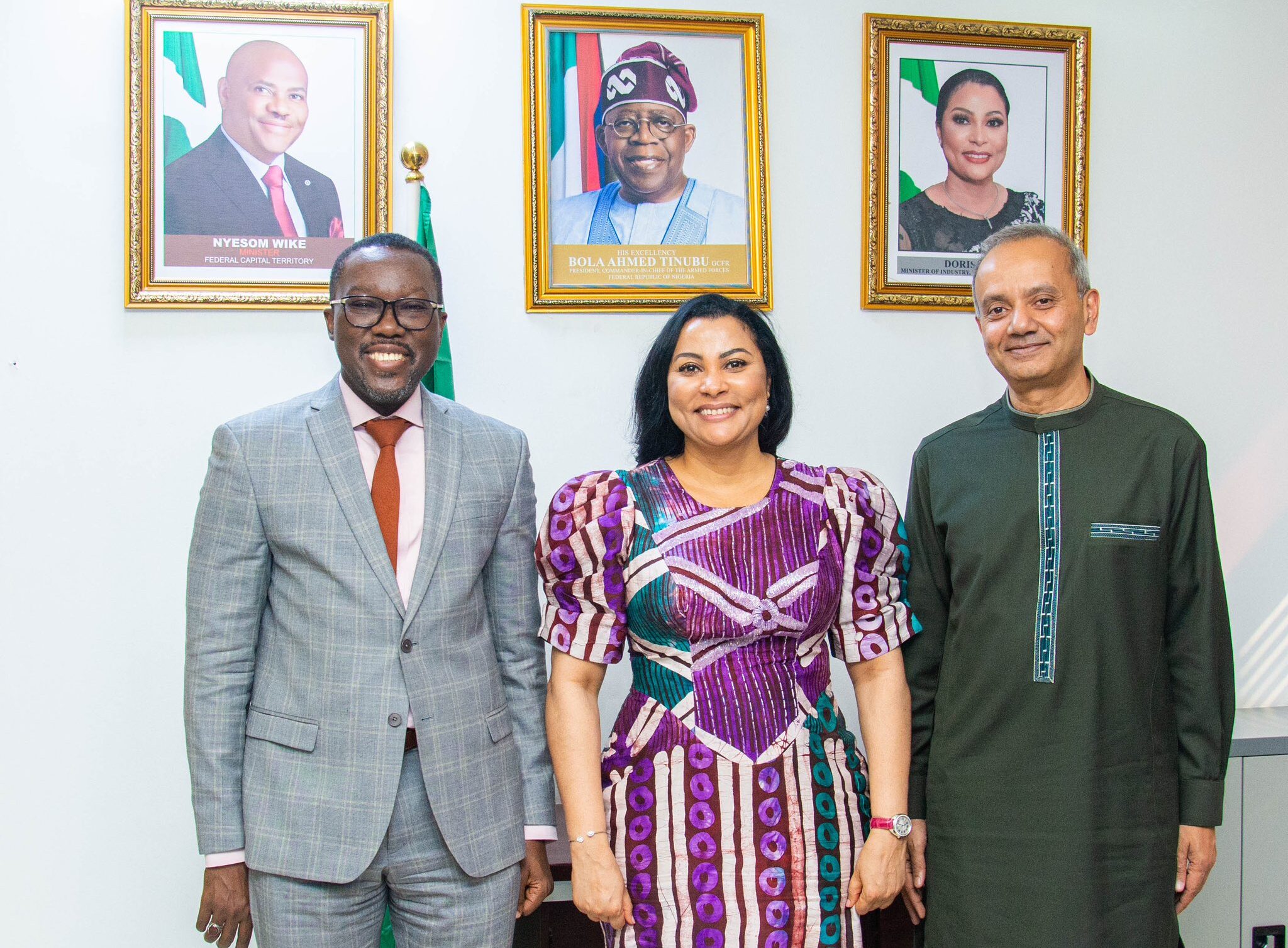
Southeast Asia as a Strategic Laboratory
From 2020 to 2024, Diop headed the Bank’s programs for Malaysia, the Philippines, Thailand, and Brunei. In these diverse economies, he provided strategic leadership tailored to local needs. In the Philippines, his leadership helped triple the Bank’s financing while supporting deep structural reforms.
Previously, he led the Macroeconomics, Trade and Investment unit for Southeast Asia and the Pacific and served as Lead Economist for Indonesia from 2012 to 2016. In Jakarta, he spearheaded macro-fiscal and trade programs and authored two major publications: the Indonesia Systematic Country Diagnostic (2015) and the influential “Avoiding the Middle-Income Trap” report. A strong communicator, he regularly spoke on international media outlets (Bloomberg, CNN, BBC) and delivered quarterly economic updates to audiences of hundreds of policymakers and analysts.
From the Maghreb to the Middle East: Deep Regional Roots
Before his tenure in Asia, Diop sharpened his policy acumen in North Africa and the Middle East. From 2007 to 2010, he served as the World Bank’s Resident Representative in Tunisia, leading policy dialogue with government, civil society, academia, and development partners. He oversaw five multi-donor budget support operations and contributed to key national reform programs.
Between 2010 and 2012, he was Lead Economist for Jordan and Lebanon, managing lending and technical assistance programs (including a $1 billion development policy loan series for Jordan)and authoring the Jordan Development Policy Review, a cornerstone for the country’s reform agenda.
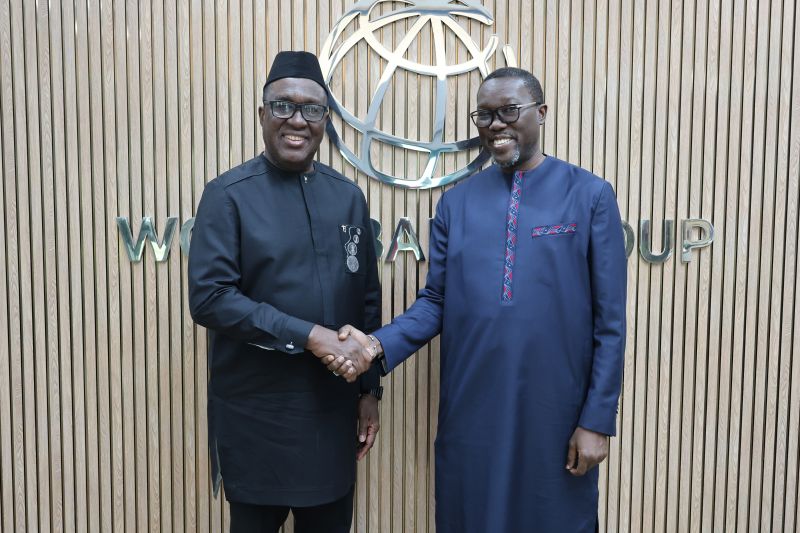
A Global Mindset, Rooted in the Global South
A graduate of the World Bank’s prestigious Young Professionals Program in 2000, Diop rose through the ranks as economist and later Senior Economist in the Trade Department.
He holds a Ph.D. in Economics and is the author of numerous scholarly publications on fiscal policy, inflation, natural resource management, Dutch disease, and economic diversification—topics that resonate deeply with Africa’s development challenges.
A true polyglot, Diop is fluent in French, English, and Wolof, with intermediate proficiency in Arabic and Bahasa Indonesian, a linguistic agility that mirrors his career: open, cross-cutting, and deeply attuned to global realities.
